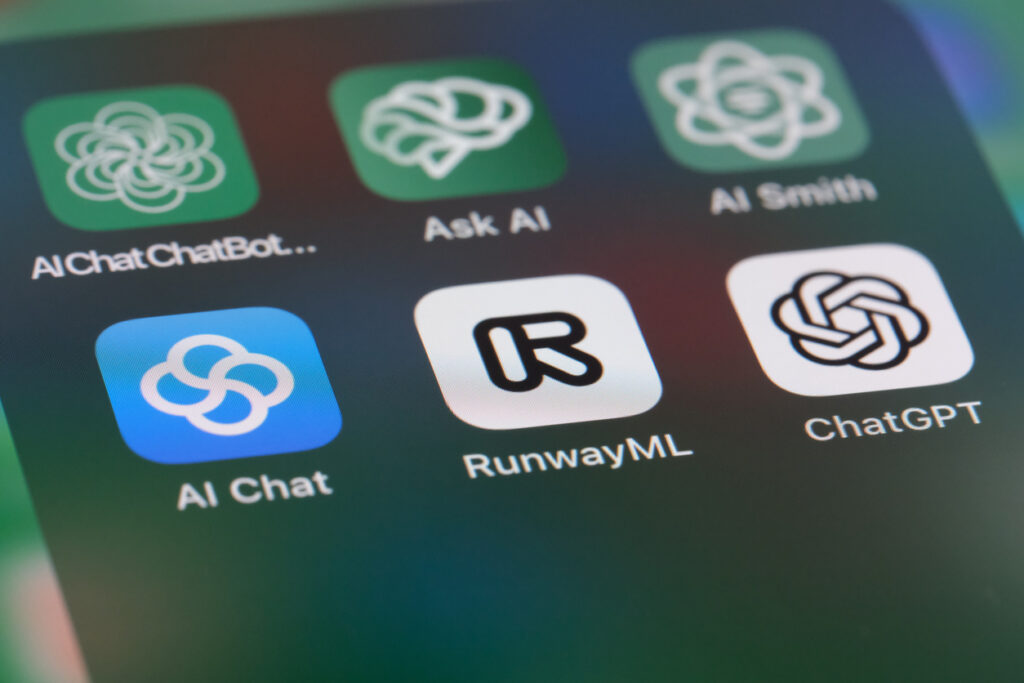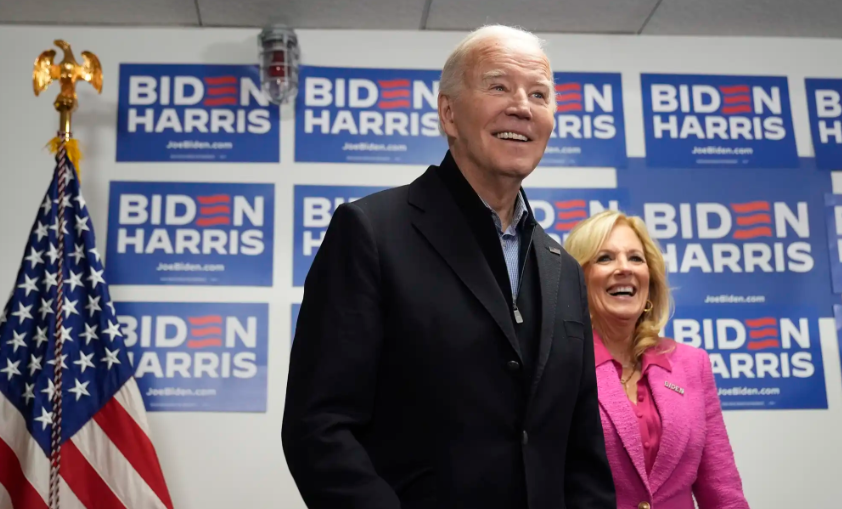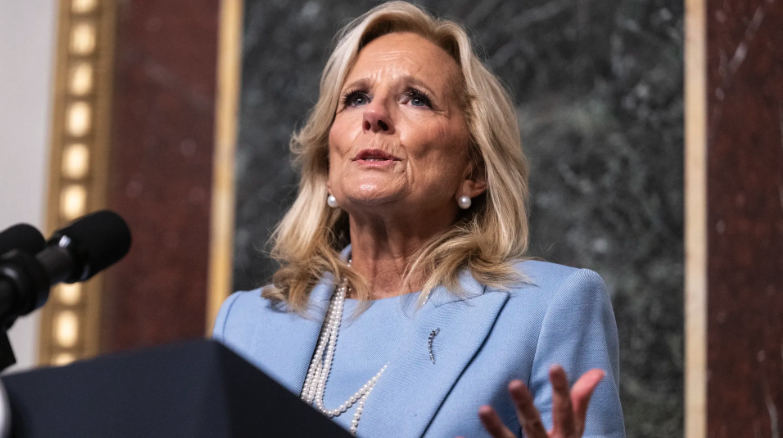
In a digital age where technology evolves at lightning speed, the workforce is rapidly adapting to leverage new tools. A recent Pew Research poll highlights a significant trend: nearly a third of employed Americans under 30 have incorporated ChatGPT, an advanced artificial intelligence tool, into their work routines. This marks a notable increase from just a year ago, showcasing how younger employees are at the forefront of integrating AI into the workplace.
As of February, the poll indicates that 31% of employed Americans aged between 18 and 29 have utilized ChatGPT for various tasks at work, a jump from 12% the previous March. This trend diminishes with age; 21% of those aged 30 to 49 and only 10% of those 50 and older report using ChatGPT for work, revealing a generational divide in adopting AI tools.
Overall, the percentage of employed Americans using ChatGPT for professional purposes has doubled over the past year, reaching 20%. Despite this growth, a majority of Americans have yet to explore ChatGPT, with only 23% of the population having used it. This figure, however, is on an upward trajectory from 18% in July, indicating growing curiosity and acceptance of AI technologies.
The adoption of ChatGPT is particularly pronounced among the youth, with 43% of adults under 30 reporting usage, compared to lower percentages in older age groups. This trend not only reflects the comfort and agility of younger workers with new technologies but also suggests a shift in how future work will be conducted, with AI and machine learning playing increasingly significant roles.
However, as ChatGPT’s popularity grows, so does scrutiny over potential risks, particularly regarding the spread of misinformation. OpenAI, the creator of ChatGPT, has been under the microscope, with concerns raised about the tool’s impact on the integrity of information, especially in sensitive areas like presidential elections. Pew’s research found that 38% of Americans distrust the information provided by ChatGPT about the 2024 presidential election, with minimal variation between political affiliations.
Despite these concerns, the actual use of ChatGPT for election-related information remains minimal, with only about 2% of Americans turning to the chatbot for insights into the presidential race. This caution reflects a broader skepticism towards AI’s role in disseminating political information, underscoring the need for responsible AI development and usage.
This poll, conducted from February 7-11 with over 10,000 respondents, offers a snapshot of Americans’ evolving relationship with AI tools like ChatGPT. As these technologies continue to develop and permeate various aspects of work and life, it’s crucial to navigate the balance between leveraging AI for efficiency and innovation, while addressing ethical concerns and ensuring the reliability of information.
The rise of ChatGPT in the workplace, particularly among younger workers, signals a transformative period in the professional world. It heralds a future where AI assists in everyday tasks, driving productivity and creativity but also raising important questions about trust, accuracy, and the human role in an increasingly automated world. As we move forward, the key will be to harness the benefits of AI while mitigating risks, ensuring that technology serves to enhance, rather than undermine, our collective pursuit of knowledge and truth.











